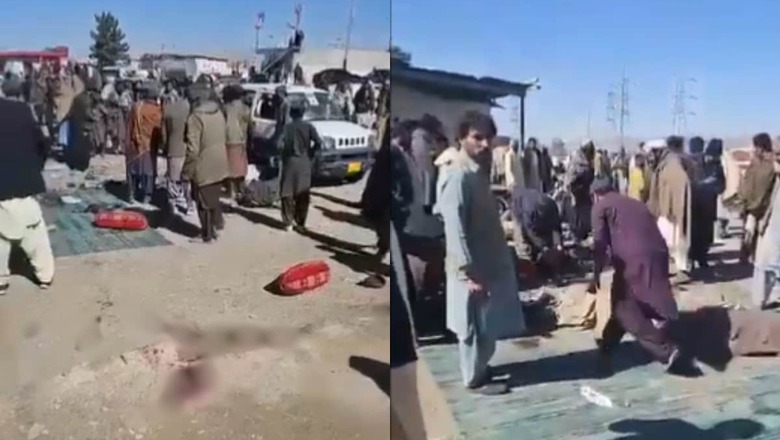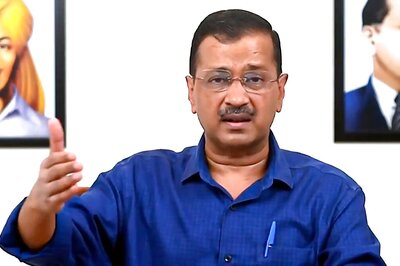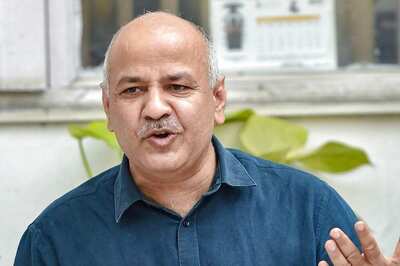
views
At least 25 people were killed and more than 40 others injured in two separate explosions in Pakistan targeting poll candidates in restive Balochistan on the eve of elections.
The first attack occurred in the Pishin district, around 50 kilometres from the city of Quetta. The second blast took place outside the Jamiat Ulema-e-Islam Fazl (JUI-F) office in the Killa Saifullah district, Pakistan’s GEO News reported. So far, no group has claimed responsibility for the attacks, which came a day ahead of the parliamentary elections.
Balochistan’s caretaker minister Mir Zubair Khan Jamali took notice of the “suicide blast” outside a political party’s office of independent candidate Asfandyar Kaka. He expressed regret over the deaths in the blast and sought a report from the deputy commissioner. Jamali said that Pakistan’s enemies were looking to create instability. “The election process will not be affected by such an attack,” he was quoted as saying by Dawn newspaper. Pakistan’s election commission has taken notice of the blast in Pishin and sought immediate reports from the provincial officials.
“The election commission has sought immediate reports from the chief secretary and the Balochistan police chief and directed them to take action against those involved in the incident,” the poll body said. The bombing came despite the deployment of tens of thousands of police and paramilitary forces across Pakistan to ensure peace following a recent surge in militant attacks in the country, especially in Balochistan.
The gas-rich province at the border of Afghanistan and Iran has been the scene of a low-level insurgency by Baloch nationalists for more than two decades. Baloch nationalists initially wanted a share of the provincial resources, but later they initiated an insurgency for independence. In Pakistan, a country with 240 million people, around 128 million are eligible to vote. Nearly 18,000 candidates are standing for seats in the national and four provincial assemblies, with 266 seats directly contested in the former — an additional 70 reserved for women and minorities — and 749 places in the regional parliaments.
(With agency inputs)




















Comments
0 comment